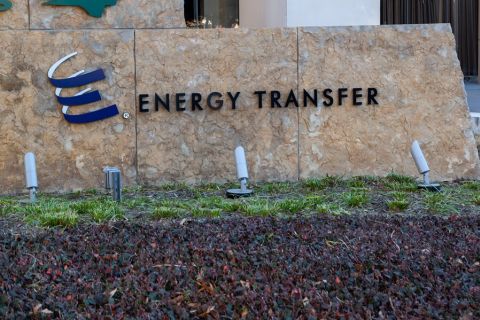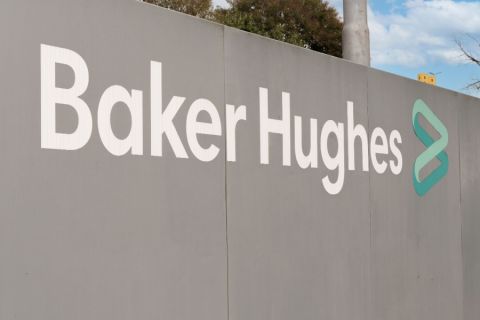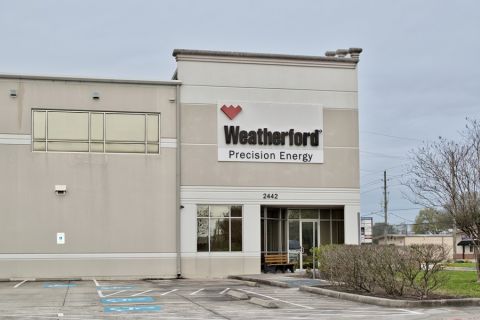By Velda Addison, Hart Energy
Standing before a roomful of people gathered to learn about oil and gas opportunities in deepwater offshore Côte d’Ivoire, Daniel Duncan briefly addressed what could have been an elephant in the room for some.
“For the time being, there is no Ebola in Côte d’Ivoire, and we hope that it will maintain its position,” the prime minister of economy, finance and budget said during a recent event in Houston.
Côte d’Ivoire, also known as Ivory Coast, is just east of ground zero for the disease—Liberia—where more than 2,700 lives have been lost to the disease that is characterized by fever, vomiting, diarrhea, rash, impaired kidney and liver function symptoms, and sometimes, internal and external bleeding, according to the World Health Organization (WHO).
While Côte d’Ivoire and its hopefully soon-to-be blossoming oil and gas industry have not been directly impacted by the deadly virus, plans elsewhere have slowed. And that is a good thing when health and safety are concerned. Though the economies of the affected countries may take a hit, it is best to act responsibly by not risking lives.
In a USA TODAY article, ExxonMobil company spokesman Patrick McGinn confirmed comments first reported by Reuters, saying “Safety, health and logistical issues related to Ebola will delay the planned late 2014 start of ExxonMobil's first exploration well offshore Liberia.”
Liberia has been hit harder than any other country impacted by Ebola. As of Oct. 25, of the 10,141 confirmed, probable and suspected cases of Ebola worldwide, 4,665 cases are in Liberia, followed by 3,896 cases in Sierra Leone and 1,553 cases in Guinea, according to WHO’s "Ebola Response Roadmap Situation Report Update."
ExxonMobil’s postponement will affect one well off the Liberian coast. However, the company’s operations in Nigeria are not affected, the news outlet reported. Nigeria has been declared Ebola-free after having reports of 20 cases and eight deaths. WHO attributed strong public awareness campaigns for playing a crucial role in containing the outbreak.
There is value in taking the time to get informed, spreading accurate information and taking the necessary precautions.
Unfortunately, Ebola fear has taken over for some in other parts of the world, and it could lead to short-term negative economic consequences for not just parts of Africa but all of it.
Bloomberg reported that international investors are declining to visit, corporate events are being canceled, and others are on high alert. The International Monetary Fund even lowered its economic growth forecast in sub-Saharan Africa from 5.5% to 5%. In the article, Bobby Pittman, a former adviser to U.S. president George W. Bush, said he recently received an email urging him to watch out for the virus on a planned trip to Johannesburg—“which is about as far from Liberia as New York is from Paris and has never recorded a case.”
“I said to them, ‘In Washington you may be closer to Ebola than I am,’” Pittman said.
The world should be reminded that Africa is a continent with 47 countries, and it has six islands. But only six countries have cases of Ebola.
Given that the virus is still capable of spreading, even beyond the Africa (see U.S.), everyone should become informed about the virus’ symptoms and transmission, which is through direct contact with the virus via bodily fluids of infected people and contact with surfaces or materials contaminated with such fluids.
Currently, there are no licensed Ebola vaccines, according to WHO, although two candidates appear promising.
In the meantime, there are ways to help. Consider following in BHP Billiton’s footsteps. BHP Billiton Sustainable Communities donated $400,000 to the Pooled WHO Ebola Response fund.
Contact the author, Velda Addison, at vaddison@hartenergy.com.
Recommended Reading
Talos Energy Expands Leadership Team After $1.29B QuarterNorth Deal
2024-04-25 - Talos Energy President and CEO Tim Duncan said the company has expanded its leadership team as the company integrates its QuarterNorth Energy acquisition.
Energy Transfer Ups Quarterly Cash Distribution
2024-04-25 - Energy Transfer will increase its dividend by about 3%.
ProPetro Ups Share Repurchases by $100MM
2024-04-25 - ProPetro Holding Corp. is increasing its share repurchase program to a total of $200 million of common shares.
Baker Hughes Hikes Quarterly Dividend
2024-04-25 - Baker Hughes Co. increased its quarterly dividend by 11% year-over-year.
Weatherford M&A Efforts Focused on Integration, Not Scale
2024-04-25 - Services company Weatherford International executives are focused on making deals that, regardless of size or scale, can be integrated into the business, President and CEO Girish Saligram said.





